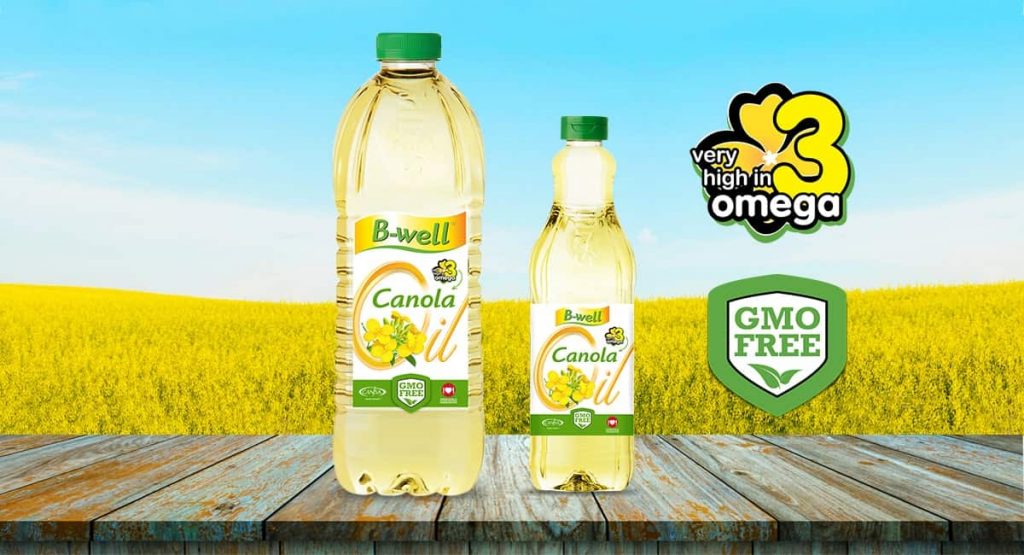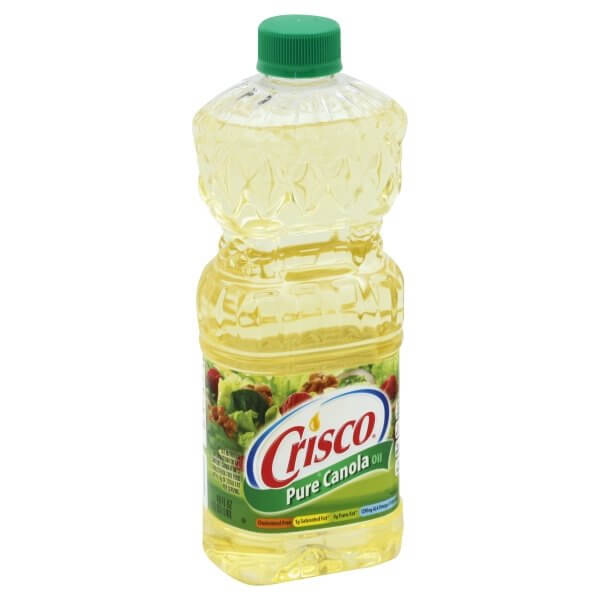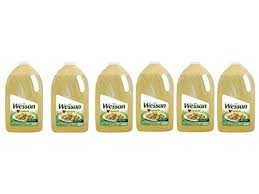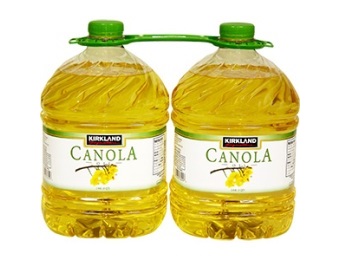Is Canola oil gluten free? Most cooking oils are naturally gluten free, and canola oil is no exception.
While the above statement pretty much answers our question, there is a lot more to learn.
The biggest issue with oil is not the oil itself, but how you use it. Let me explain.
Oil by itself is not something we eat, most likely you come in contact with oil while you cook, or while you order food at restaurants, so this is where the problems may happen.
When you order food in a restaurant, let’s say it’s french fries that are fried in canola oil. While the oil itself is gluten free, what if they use the same oil to cook chicken nuggets just before the fries.
Chicken nuggets are usually coated with breadcrumbs and flour so now the entire oil that was used is cross contaminated and people with Celiac should not eat it.
There is also a small chance that some specific oils that add flavors or additives might not be gluten free from the box, so make sure to check the label as best as you can before using or asking your server if they use the same cooking oil to make other stuff.

Canola oil gluten free confidence score
What Is Canola Oil?

Created by Canadians, ironically, the word canola itself is a combination of words derived from ‘Canadian’ and ‘oil.’
Canola is a vegetable oil extracted from rapeseed (Brassica napus L) that is crossbred to have fewer compounds, such as erucic acid and glucosinolates, which are naturally present in rapeseed.
For a company to use the name ‘canola,’ their product must possess 30 micromoles of glucosinolates and less than 2% of erucic acid.
Is oil in general gluten free?
The simple answer would be yes, pure oil is gluten free and safe for you to consume, it is nutritious and healthy, and a great addition to many meals. The problem, if any, lies in the production process.
Canola Oil Processing
Canola seeds are slightly heated and then crushed to extract canola oil. Most commercial processes require that canola oil is extracted using a hexane solvent.
The canola oil is then refined using organic acid and water precipitation to get rid it of free fatty acids and gums, and is filtered to remove color; eventually, it is deodorized using steam distillation.
Types of canola oil
- Type I: Crude Super Degummed Canola Oil – super/acid degumming is a treatment solution that contains water and acid. It is necessary that the seeds undergo this process before physical refining takes place.
Using citric acids showed results of lower residual phosphorus levels present in the oil, thus improving its color, oxidative stability, and flavor. However, some manufacturers prefer to use phosphoric acid to eliminate chlorophyll.
- Type II: Crude Degummed Canola Oil – Degumming is the first stage of refining edible oil since it removes phospholipids, other mucilaginous materials, and all traces of metal ions. This process gives oil preserving abilities.
- Type III: Crude Canola Oil – Crude Canola Oil contains significant amounts of desirable and undesirable minor ingredients, all of which make it edible. It primarily contains triacylglycerols.
Benefits of pure canola oil
| Low saturated fats contain omega-6 and omega-3, which is good for the brain | Lower cholesterol levels and reduced risk of heart disease |
| Rich in monounsaturated fatty acids that prevent the risk of strokes with a positive blood lipid profile. | Contains vitamin E, which makes it good for skin |
| It has the highest smoke point of -450 degrees F, resulting in lesser absorption of oil in fried foods. |
Some Pure Canola Oil Brands
Crisco Canola Oil

The Crisco brand does not disappoint when it comes to using natural ingredients and plant-based oils. They label their oil as pure, which is perfect to meet your daily culinary desires.
Main features
- 100% pure
- 100% natural
Wesson Canola Oil

This brand has a large collection of canola oils that come at different packaging and prices. Their oil is light, contains no trans fats, and possesses a neutral taste that does not mix with the ingredients in your dish.
Main Features
- USDA certified
- 100% pure
Kirkland Signature Canola Oil

The light flavor of canola oil is what sets it apart from other oils, and Kirkland is a brand known to fulfill that expectation. It contains a neutral taste and is 100% pure, and therefore has all the health benefits of pure canola oil.
Main features
- 100% pure
- Light-neutral taste
Things to Look Out For
Canola oil can be mixed with other flavors and additives that increase the risk of contaminating the oil with gluten.
Pure canola oil is considered healthy, while some forms of ‘refined’ canola oil brands may have adverse effects on your body, and some may contain gluten. You should purchase canola oil that is labeled ‘pure,’ and if you have doubts, it is best to contact the manufacturer.
The bottom line
When making a purchase, always be sure to check the label and read the ingredients. If you still have second thoughts, feel free to call the manufacturer or check their website.